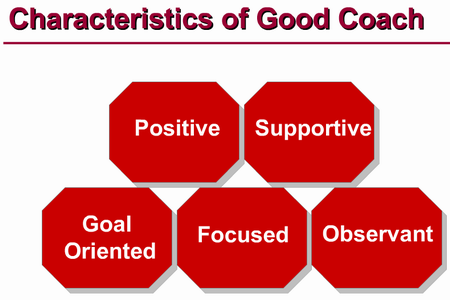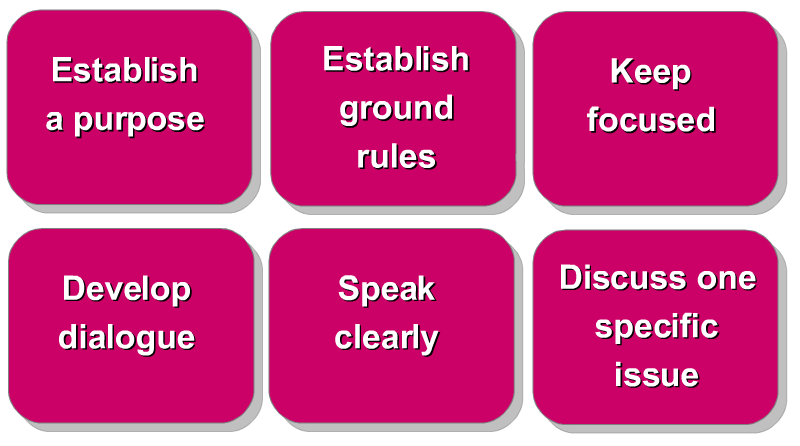If you work in the human resource department of a large company, then you surely have firsthand knowledge of how challenging and time-taking the process of selecting and hiring new employees proves to be. The fact is that there are no reliable means to differentiate between qualified applicants for a vacant position and those who do not have any experience and desire to learn. As a result, you can never know in advance whether the person you are going to hire will be efficient or not. Experts point out that any definitive system of this type could help avoid high turnover rates if established properly. Therefore, managers of large companies around the world admit that there is a need to come up with HR metrics that are claimed to be a valuable tool when it comes to assessing and enhancing the work of the human resource department.

So, what is the value of HR metrics? Well, they are closely associated with specific measurable guidelines that are applied by companies looking for cost-efficient strategies aimed at ensuring proper workforce performance. With regard to this, it can be concluded that employee evaluation is what proves to be the main concept of these metrics. This is, actually, quite helpful, because it is not easy to assess the qualification and potential efficacy of this or that applicant unless the human resource department can boast years of experience in this sphere. However, even the most qualified HR specialists face problems from time to time when it comes to this time-taking procedure. This is why human resource metrics are needed in your company. They will help you define whether the applicants are worth the money you are going to invest in them or not.

Establishing a reliable system of HR metrics for your organization can be done without any particular effort if you come up with specific guidelines. One of the most significant steps here is to gather trustworthy information about your workforce. Still, not all data may be helpful when developing these metrics. There are pieces of information that will have no serious influence upon the performance of your company at all. How will you know what data to choose then? Well, you just have to keep in mind that the overall amount of metrics to be analyzed should not exceed ten. This is the most optimal number that will allow you to make effective assessment of your employees.